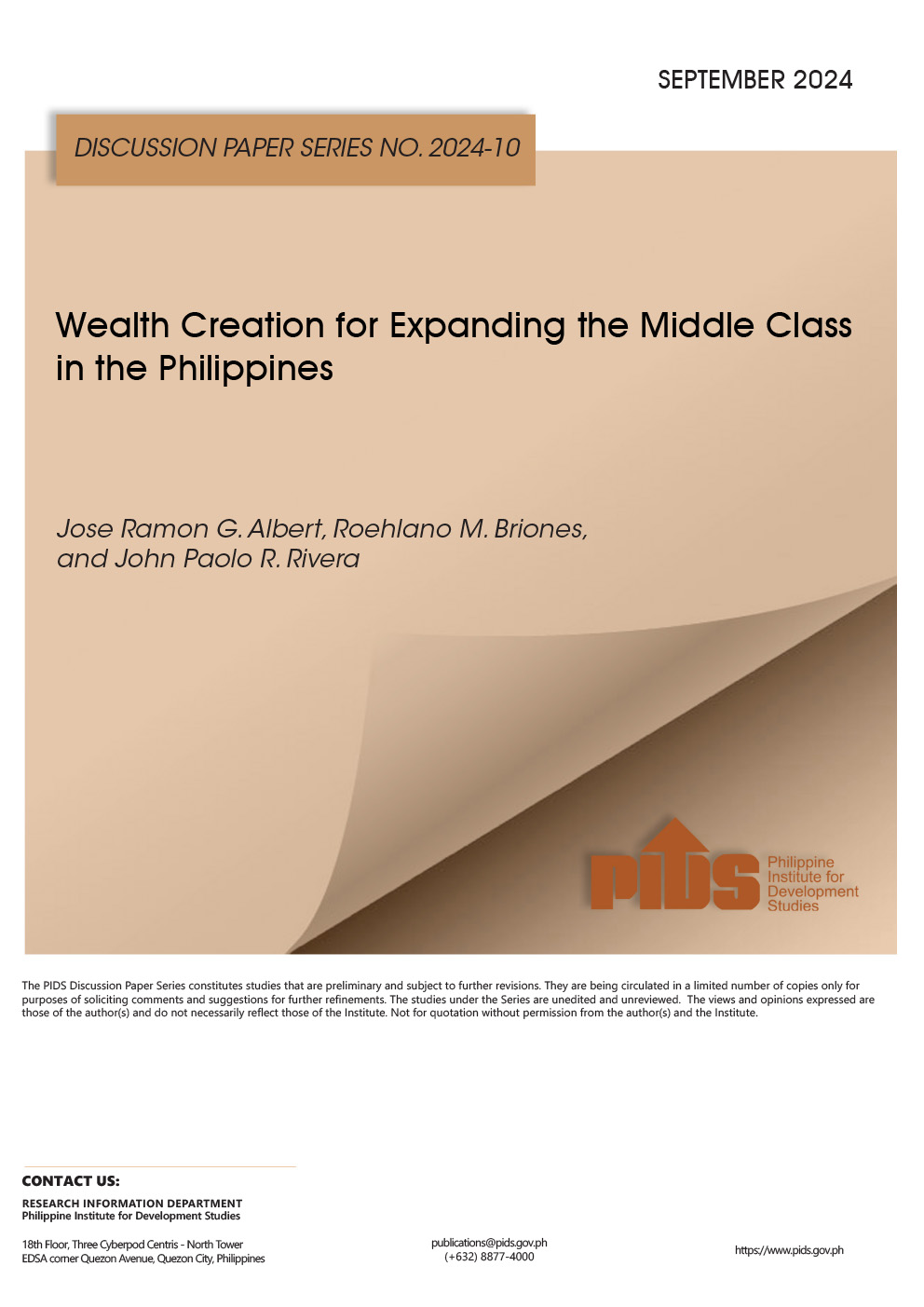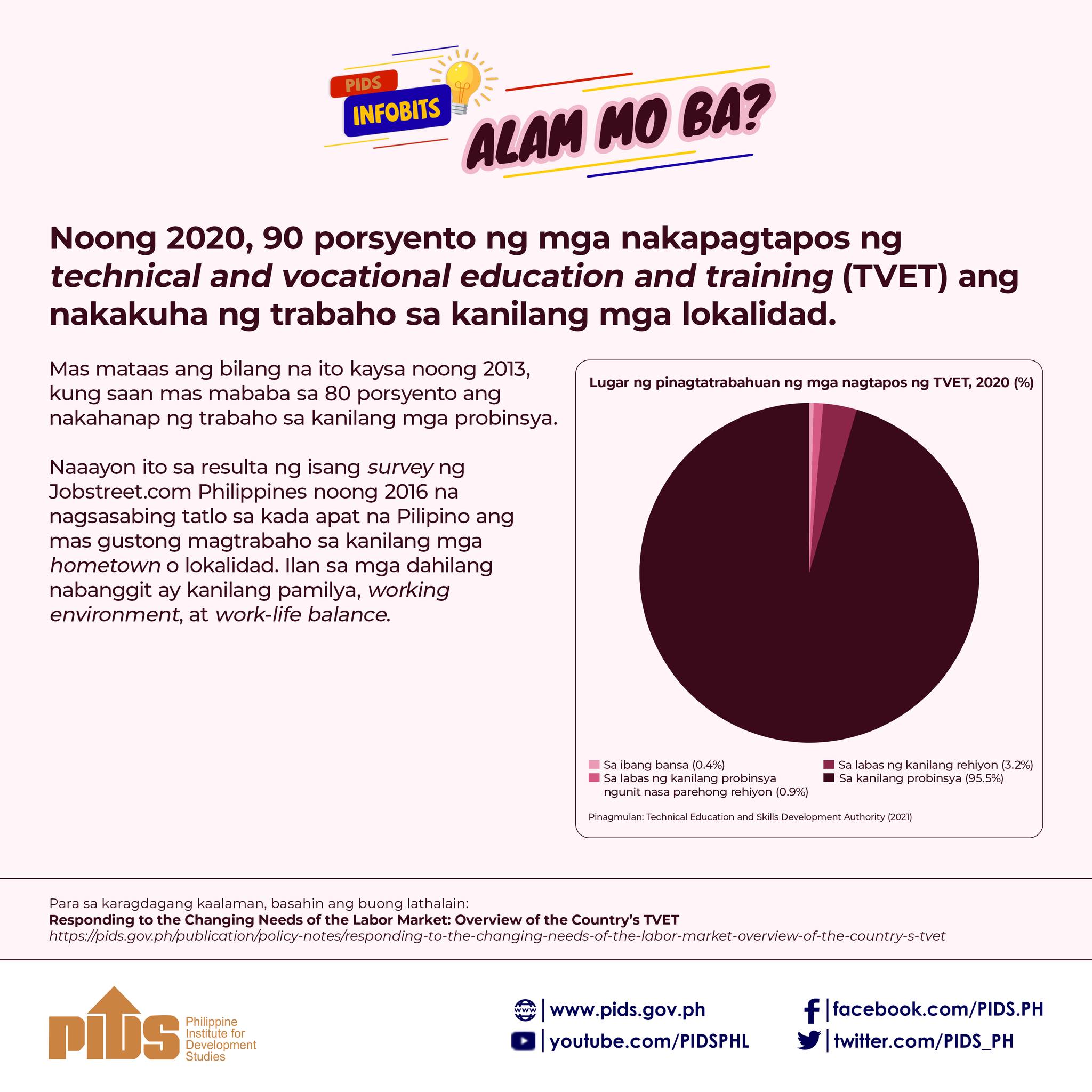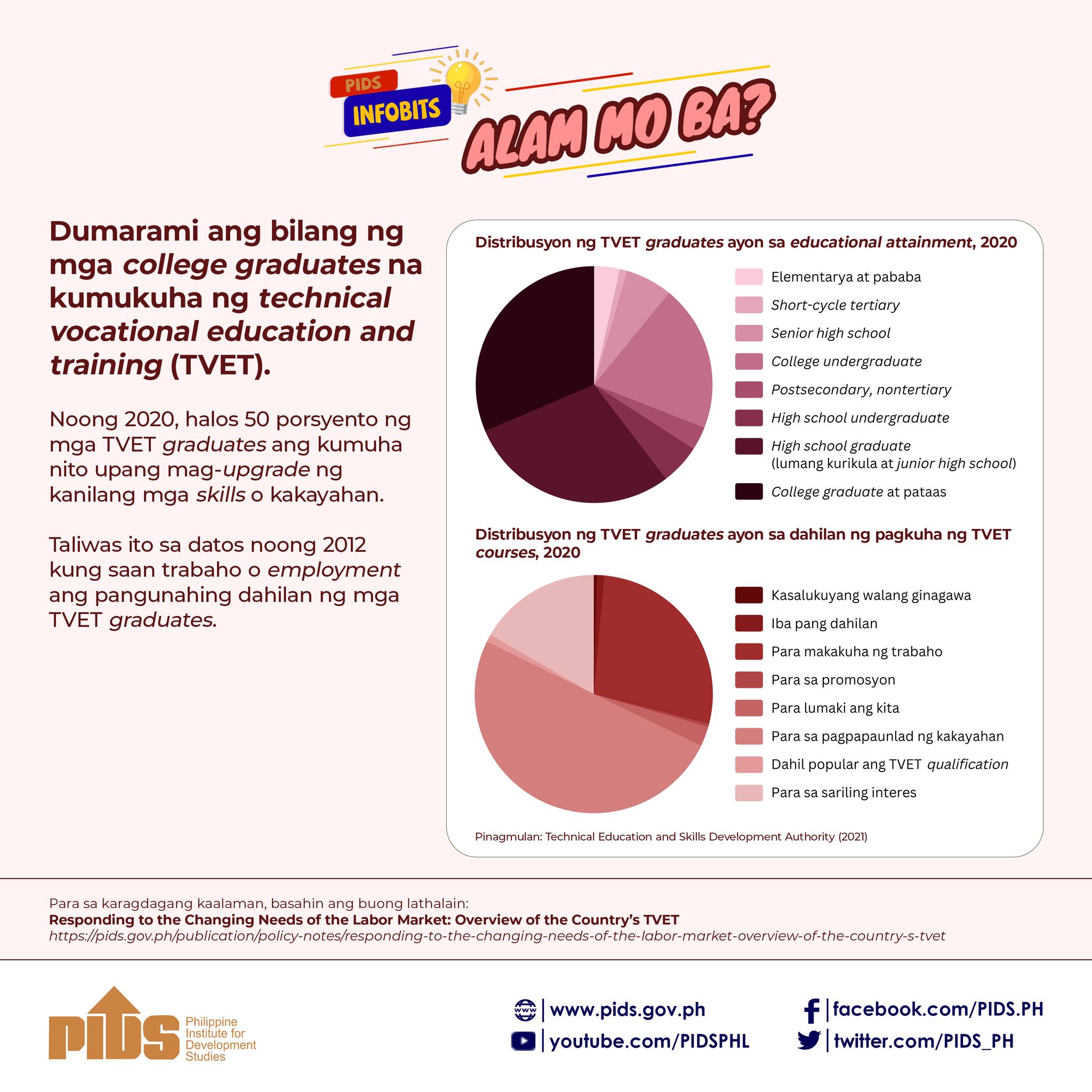The Philippines needs to implement market reforms, set up good infrastructure and efficient institutions for local firms so it can take advantage of the opportunities offered by the regional economic integration by 2015. In a position paper obtained from the Philippine Exporters Confederation (PhilExport) from Rafaelita Aldaba of the Philippine Institute for Development Studies (PIDS), the official said the Philippines must work double time to expedite growth in investments and reach needed market reforms. Aldaba made her recommendation through a paper titled “Getting Ready for the Asean Economic Community (AEC) 2015: Philippine Investment Liberalization and Facilitation.” “If market reforms are to have their intended effects, ‘behind the border’ complementary policies that define the business environment must be addressed including investment in human capital, infrastructure and the quality of governance in the country,” she said. Aldaba said Asean countries, including the Philippines, should continue implementing their investment and trade reforms along with reforms to improve their domestic business environment. The PIDS study urged the government to increase investment spending and strengthen its weak institutional and regulatory environment. “(There is a need to) Increase infrastructure investment in physical infrastructure, power and logistics in particular, to reduce the cost of doing business in the country. Modern and efficient air, land and sea infrastructure should be built fast enough,” it said. The study also underscored the need to review the Constitutional limitations on foreign equity particularly the 60-40 rule.












